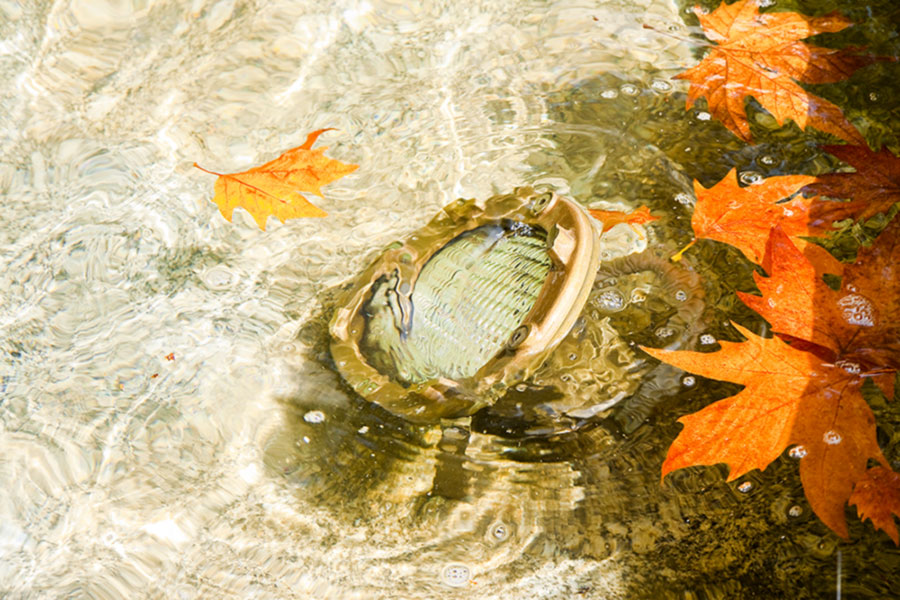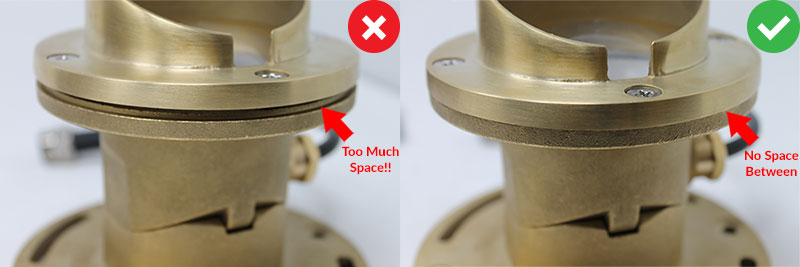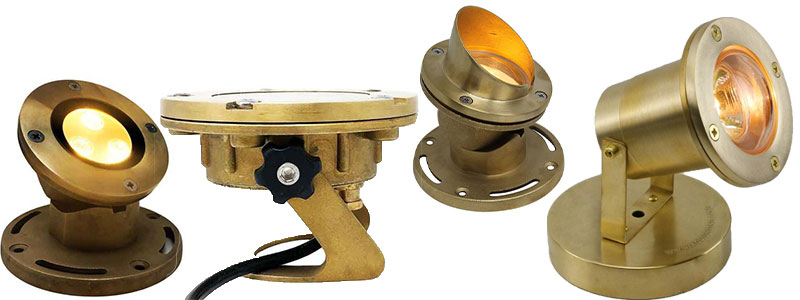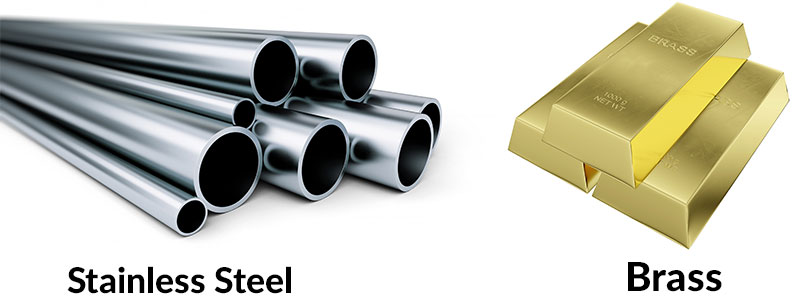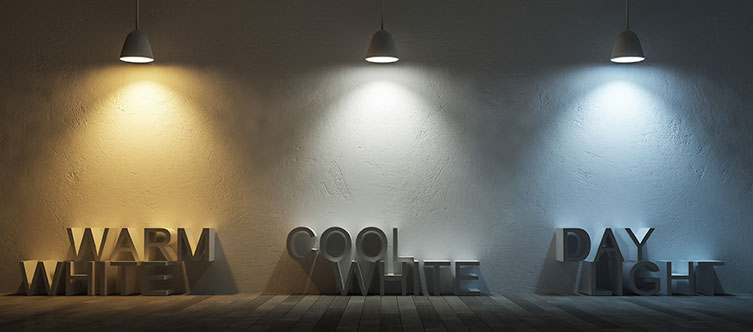-
Outdoor Lighting
- RLM Gooseneck & Sign Lights
- Premium Spotlights and Flood Lighting Solutions
- Premium Garden & Landscape Lighting
- Best Selling In-Ground Lights
- Underwater & Fountain Lights
- NSC Wiring Systems
- Quality Step and Deck Lights for Your Property
- Outdoor Rated Low Voltage Transformers
- Landscape Lighting Kits
- Light Bulbs
- Bollards
- Premium-Quality Wall and Sign Lighting Fixtures
- LED Christmas Lights and Other Holiday Lights
- Premium Solar Outdoor Lights
- COLORSCAPING by WAC
- Bright BBQ Umbrella Lights for Patios
- High-Quality Post Column Lights
- Premium-Quality Outdoor Ceiling Lights and Fans
- Landscape Lighting Accessories for Your Property
- Brushed & Stainless Lights
- LED Landscape Lights
-
Indoor Lighting
- Under Counter Under Cabinet Lighting for Kitchens
- Pendant Lights
- Premium Recessed Light Housings and Trims
- Durable Low Voltage Indoor Transformers
- Ceiling Fans
- Floor & Table Lamps
- "H" Style LED, 12 Volt & 120 Volt Track Lights
- Emergency & Exit Lights
- High-Quality Flush Mounted Ceiling Lights
- Wall Lights
- Light Bulbs
- Picture Lights
- Chandeliers
- Indoor Light Kits
- Premium Commercial Lighting Fixtures
- Electrical Outlets & Plugs
- Night Lights
- Light Switches & Dimmers
- Indoor Accessories
- Rope Light
- Cafe String Lights
- LED Landscape Kits
- Clearance
- Commercial
- Pros
Enjoy Free shipping on orders over $100
Need help from our experts? (800) 865-7221
- Outdoor Lighting
-

RLM Gooseneck & Sign Lights
-

Premium Spotlights and Flood Lighting Solutions
-

Premium Garden & Landscape Lighting
-

Best Selling In-Ground Lights
-

Underwater & Fountain Lights
-

NSC Wiring Systems
-

Quality Step and Deck Lights for Your Property
-

Outdoor Rated Low Voltage Transformers
-

Landscape Lighting Kits
-

Light Bulbs
-

Bollards
-

Rope Light
-
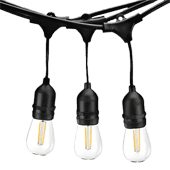
Cafe String Lights
-
View All
-
- LED Landscape Lights
- Indoor Lighting
-
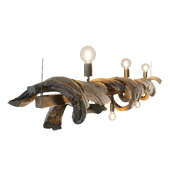
Thomas Mark
-

Under Counter Under Cabinet Lighting for Kitchens
-

Pendant Lights
-

Premium Recessed Light Housings and Trims
-

Durable Low Voltage Indoor Transformers
-

Ceiling Fans
-

Floor & Table Lamps
-

"H" Style LED, 12 Volt & 120 Volt Track Lights
-

Emergency & Exit Lights
-

High-Quality Flush Mounted Ceiling Lights
-

Wall Lights
-

Light Bulbs
-
View All
-
- Rope Light
- Cafe String Lights
- LED Landscape Kits
- Clearance
- Commercial
- ProQuick Connect




























